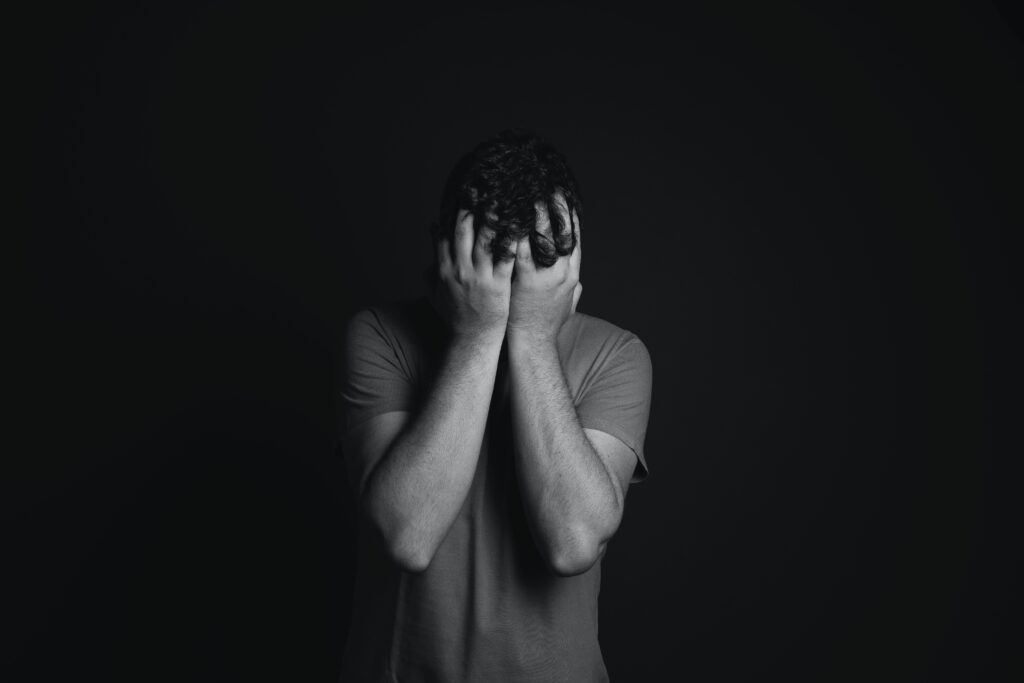5 Ways Loneliness Affects Our Health

How Loneliness Affects Us
According to Mcleod’s (2019) article on Maslow’s Hierarchy of Needs, love and belongingness are one of the psychological needs of an individual. In the world we live in today, many of us depend on friendships, relationships or family ties to satisfy our psychological needs. So, what is loneliness? According to an article by Carlton (2019), loneliness is defined as “a state of mind characterized by a dissociation between what an individual want or expects from a relationship and what that individual experiences in that relationship”.
In addition, loneliness is a complicated emotional response that has various social, mental, physical and emotional factors that contribute to it. Thus, many people can still feel a sense of loneliness despite having their psychological needs fulfilled. There can be many more effects of loneliness that this article may not cover, but I will be sharing with you the some of the ways loneliness can affect both your physical and mental health.
1. Can Lead to Depression
According to Singh and Misra (2009), loneliness is one of the contributing factors to developing depression in an individual. A study done by Stek et al. (2005) showed that the effect of depression was largely derived from perceived loneliness and that symptoms of depression were often imitated and covered up symptoms of loneliness. The lack of social relationships can result in feelings of loneliness. Thus, these feelings of loneliness can sometimes transition into symptoms of depression for an individual, which can be harmful for their overall mental well-being.
2. Can Lead to Suicide
Exploring further into effects of loneliness on mental health, prolonged feelings of loneliness can also lead to suicide. According to Pitman et al. (2012), suicide is the second leading cause of mortality. Often linked with depression, suicide can be a result of loneliness. Stravynski and Boyer (2001) states that there are strong associations between loneliness and suicide ideation in people. This can be due to several factors that contribute to why an individual is feeling lonely. Linking back to Maslow’s hierarchy, these psychological needs that are unfulfilled can be detrimental to an individual’s mental health.
3. Can Lead to Various Health Conditions
Aside from mental health effects, feelings of loneliness have effects on our physical health as well. According to the National Institute on Aging (2019), studies have shown that social isolation and feelings of loneliness leads to higher risk of developing health conditions such as high blood pressure, heart disease and a weaker immune system. As both physical and mental aspects of our well-being encompass our overall well-being, it can be understood why these feelings of loneliness contribute as factors towards physical health conditions.
4. Can Lead to Poor Sleep Quality
According to a study done by Cacioppo et al. (2002), the results showed that poorer sleep quality was associated more with lonely individuals and they spend more time awake, as compared to non-lonely individuals. The more time spent being awake indicated the possibility of other contributing factors towards health behaviours aside from feelings of loneliness. Lonely individuals may be affected by external factors that inhibit their quality of sleep. These factors may be derived from feelings of loneliness or other contributing factors, whether emotional, social, physical or mental. In addition, poor sleep quality or lack of sleep can have an impact on an individual’s emotions.
5. Can Impact Cognitive Capabilities
According to a study by Jaremka et al. (2014), the development of cognitive impairment and dementia were linked to levels of loneliness in individuals, particularly in older adults where lonelier adults experienced more cognitive impairment as compared to those who were less lonely. The stress from feeling lonely is a risk that can have adverse impacts on cognitive activity and can also lead to increased levels of stress. Cognitive impairment due to loneliness also can affect an individual’s learning and memory capabilities to a certain degree as well.

Summary
In summary, loneliness as one of the causes of premature mortality, can be critical in affecting our health. Although perceived feelings of loneliness may be subjective for each individual, the effects can still be detrimental to overall health. As loneliness is prevalent in the world we live in, understanding its effects and causes can help us to take appropriate action to ease these feelings of loneliness. It is also good to know the difference between being alone and feeling lonely, and that it is normal to feel lonely because it is part of being human. What is more important to note is that feelings of loneliness come and go. We must be aware of and understand what we are feeling and why we are feeling this way.
References
Cacioppo, John T., Louise C. Hawkley, Gary G. Berntson, John M. Ernst, Amber C. Gibbs, Robert Stickgold, and J. Allan Hobson. 2002. “Do Lonely Days Invade The Nights? Potential Social Modulation Of Sleep Efficiency”. Psychological Science 13 (4): 384-387.
Carlton, Kat. 2019. “What Is Loneliness? – Uchicago Medicine”. Uchicagomedicine.Org. https://www.uchicagomedicine.org/forefront/health-and-wellness-articles/2019/february/what-is-loneliness.
Jaremka, Lisa M., Heather M. Derry, Robert Bornstein, Ruchika Shaurya Prakash, Juan Peng, Martha A. Belury, Rebecca R. Andridge, William B. Malarkey, and Janice K. Kiecolt-Glaser. 2014. “Omega-3 Supplementation And Loneliness-Related Memory Problems”. Psychosomatic Medicine 76 (8): 650-658.
Mcleod, Saul. 2018. “Maslow’s Hierarchy Of Needs | Simply Psychology”. Simplypsychology.Org. https://www.simplypsychology.org/maslow.html.
Pitman, Alexandra, Karolina Krysinska, David Osborn, and Michael King. 2012. “Suicide In Young Men”. The Lancet 379 (9834): 2383-2392. doi:10.1016/s0140-6736(12)60731-4.
Singh, Archana, and Nishi Misra. 2009. “Loneliness, Depression And Sociability In Old Age”. Industrial Psychiatry Journal 18 (1): 51.
“Social Isolation, Loneliness In Older People Pose Health Risks”. 2019. National Institute On Aging. https://www.nia.nih.gov/news/social-isolation-loneliness-older-people-pose-health-risks.
Stek, Max L., David J. Vinkers, Jacobijn Gussekloo, Aartjan T.F. Beekman, Roos C. van der Mast, and Rudi G.J. Westendorp. 2005. “Is Depression In Old Age Fatal Only When People Feel Lonely?”. American Journal Of Psychiatry 162 (1): 178-180.
Stravynski, Ariel, and Richard Boyer. 2001. “Loneliness In Relation To Suicide Ideation And Parasuicide: A Population-Wide Study”. Suicide And Life-Threatening Behavior 31 (1): 32-40.




Responses